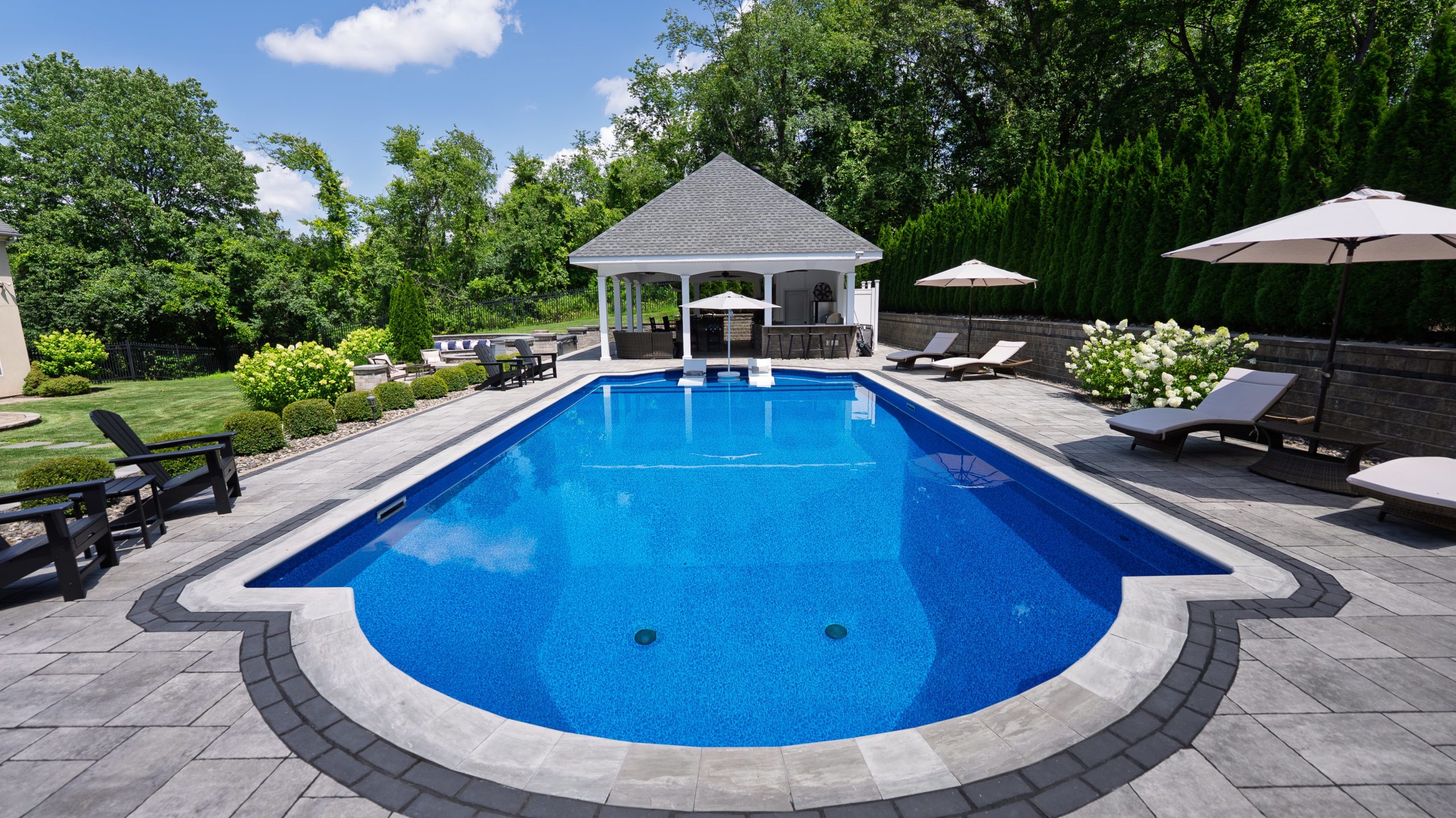
Under New York premises liability law, property owners can be held liable for a swimming pool accident if the accident resulted from their negligence. Property owners have a responsibility to keep their premises in a “reasonably safe condition in view of all the circumstances.” This duty extends not only to invited guests but also, in many cases, to trespassers. For pool owners, a “reasonably safe condition” means ensuring fencing, gates, lighting, and pool decks are properly maintained to prevent foreseeable accidents.
Premises Liability and Pools
Courts in New York will consider whether a property owner knew or should have known about a dangerous condition and whether they took reasonable steps to fix it. With pools, this often can involve hazards such as slippery surfaces, defective ladders, missing barriers, or lack of lifesaving equipment.
The “Attractive Nuisance” Doctrine
Notably, swimming pools are considered an “attractive nuisance” under New York law. This means that New York Law holds that children are naturally drawn to pools. Thus, a homeowner can be held liable if a child is injured, even if the child entered the property without permission. This means pool owners have the duty to secure their pools against unauthorized use.
Pool Safety Regulations in New York
New York has strict regulations governing pools:
- Residential pools must comply with state building codes which require barriers at least four feet high, with self-closing and self-latching gates.
- Public and semi-public pools must meet the requirements of 10 NYCRR Subpart 6-1, including fencing, posted safety rules, and, in some cases, lifeguard supervision.
Non-compliance not only results in code violations, but may also strengthen a personal injury case against the pool owner.
Deadlines for Filing a Pool Injury Claim
Homeowners and property managers can still face legal claims months, or even years, after an incident occurs. However, different deadlines, or statutes of limitations, apply to a pool accident case depending on the circumstances. Generally, you have three years from the date of the accident to file a personal injury lawsuit. If someone dies as a result of the accident, the filing deadline is two years from the date of death. However, if the claim is against a city or municipality, such as a public pool, you must file a Notice of Claim within 90 days and start your lawsuit within one year and 90 days. Missing these deadlines can mean losing your right to compensation entirely.
Insurance and Liability
Homeowners may assume their insurance will cover pool accidents, but policies often have exclusions or limits for recreational facilities like pools. This can leave victims struggling to cover medical expenses.
If you or a loved one has been injured in a pool accident, you should contact an experienced personal injury attorney as soon as possible. At Zalman Schnurman & Miner we have over thirty years of experience in litigating personal injury cases. The first consultation is always free. You can reach us for a free consultation over email at info@1800lawline.com, over the telephone at 212-668-0059, or on our website at 1800lawline.com.